The source for SPECTRE's plot? (Spoilers)
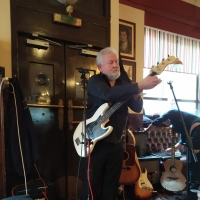 Barbel
ScotlandPosts: 37,856Chief of Staff
Barbel
ScotlandPosts: 37,856Chief of Staff
As we know now, there are more screenwriters credited for SPECTRE than usual, but there's one more name that I think should also get a credit.... JK Rowling.
Here's my case:
As the film opens, we find that M
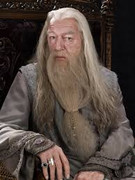
is under political pressure, as a bureaucrat with powerful government connections
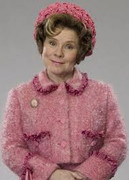
is insidiously working to usurp his position, and eventually succeeds. M still has staff loyal to him
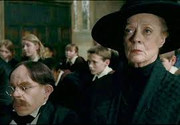
and in the end returns to his post.
Meanwhile his top agent
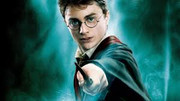
digs into his own past, and uncovers that a dreaded adversary is in fact...

whose schemes range over several stories and is behind all his pain.
JAMES BOND And The Order Of The Phoenix?
As the film opens, we find that Dumbledore
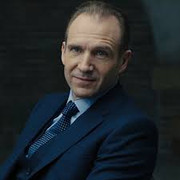
is under political pressure, as a bureaucrat with powerful government connections

is insidiously working to usurp his position, and eventually succeeds. Dumbledore still has staff loyal to him

and in the end returns to his post.
Meanwhile his top prodigy

digs into his own past, and discovers that a dreaded adversary is in fact...
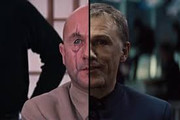
whose schemes range over several stories and is behind all his pain.
Both stories have chase scenes and safe houses in London, both have the protagonist looking into his own past to drive the plot, and of course both star Ralph Fiennes in a central role. It's the parallels between Denbigh and Umbridge that are most alike, very strikingly so.

Here's my case:
As the film opens, we find that M

is under political pressure, as a bureaucrat with powerful government connections

is insidiously working to usurp his position, and eventually succeeds. M still has staff loyal to him

and in the end returns to his post.
Meanwhile his top agent

digs into his own past, and uncovers that a dreaded adversary is in fact...

whose schemes range over several stories and is behind all his pain.
JAMES BOND And The Order Of The Phoenix?
As the film opens, we find that Dumbledore

is under political pressure, as a bureaucrat with powerful government connections

is insidiously working to usurp his position, and eventually succeeds. Dumbledore still has staff loyal to him

and in the end returns to his post.
Meanwhile his top prodigy

digs into his own past, and discovers that a dreaded adversary is in fact...

whose schemes range over several stories and is behind all his pain.
Both stories have chase scenes and safe houses in London, both have the protagonist looking into his own past to drive the plot, and of course both star Ralph Fiennes in a central role. It's the parallels between Denbigh and Umbridge that are most alike, very strikingly so.



Comments
"Better make that two."
Dalton - the weak and weepy Bond!
All great stories follow the same pattern(s).
https://en.wikipedia.org/wiki/Monomyth
"- That is something to be afraid of."
I remember reading years ago that there are really only seven or so stories and everything else
is either a variation, or combination of these elements.
That's Joseph Campbell's theory, expounded most famously in The Hero with a Thousand Faces. No, there is very little out there that's original--there are just variations, and it's the way something is variated that makes it interesting!
No doubt! As a writer of 1940s hardboiled private eye novels, I can attest that there's nothing new under the sun B-) It's all about what one does with what one borrows. Joseph Campbell was brilliant in his analysis: "The Hero With a Thousand Faces" and "The Power of Myth" are favourites of mine.
"I am not an entrant in the Shakespeare Stakes." - Ian Fleming
"Screw 'em." - Daniel Craig, The Best James Bond EverTM